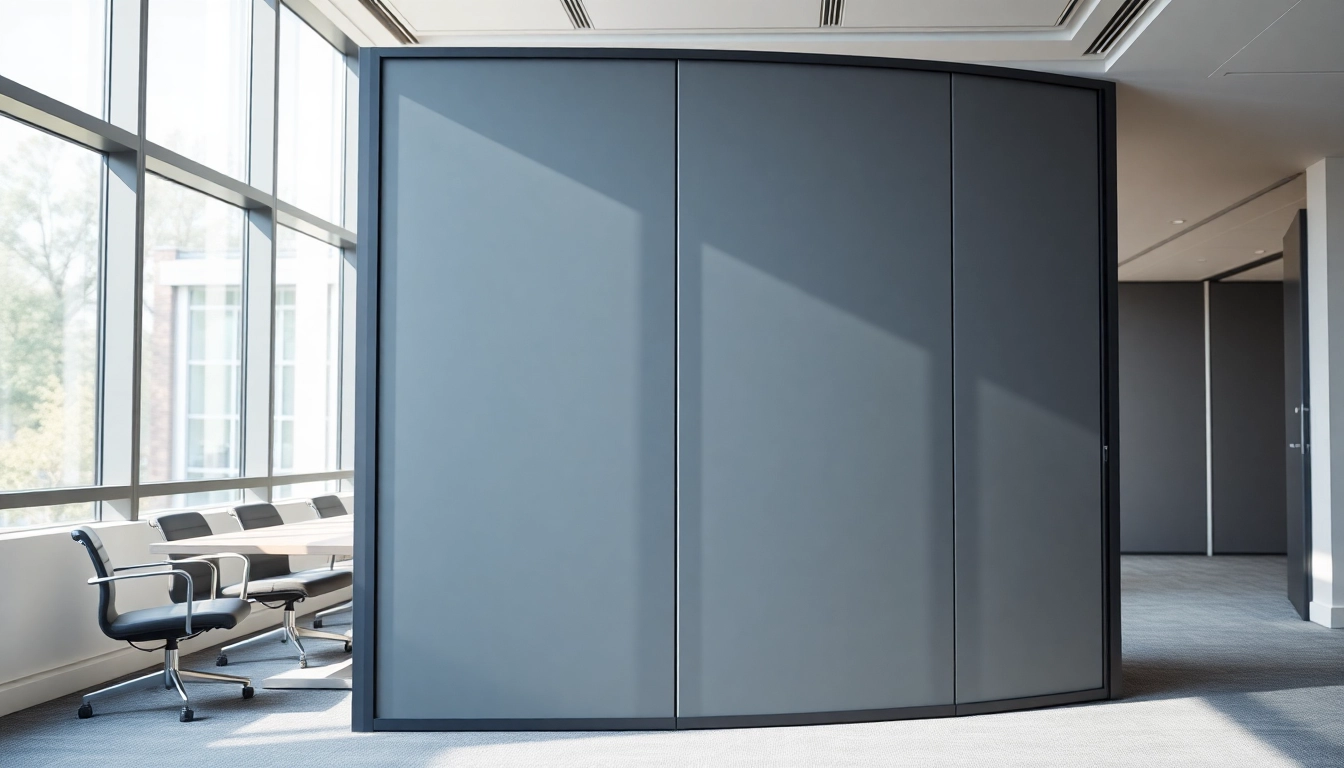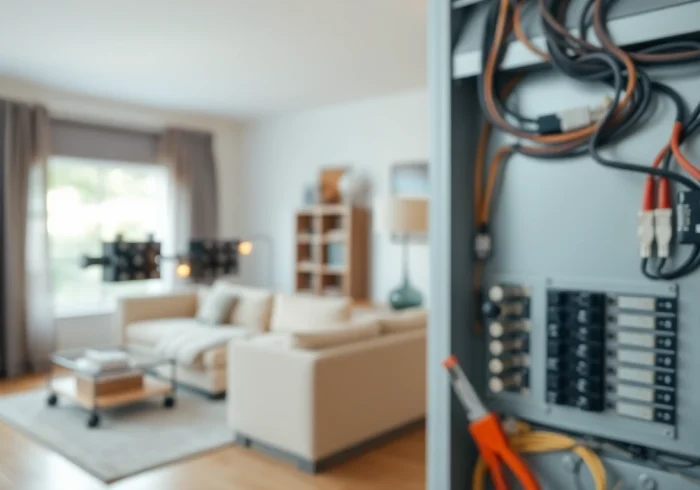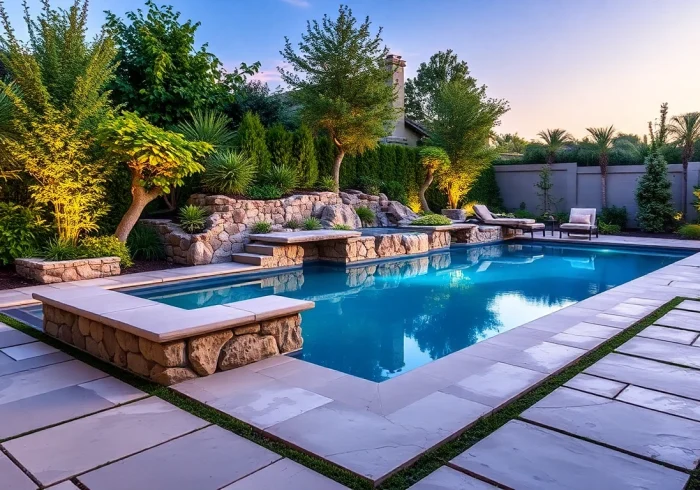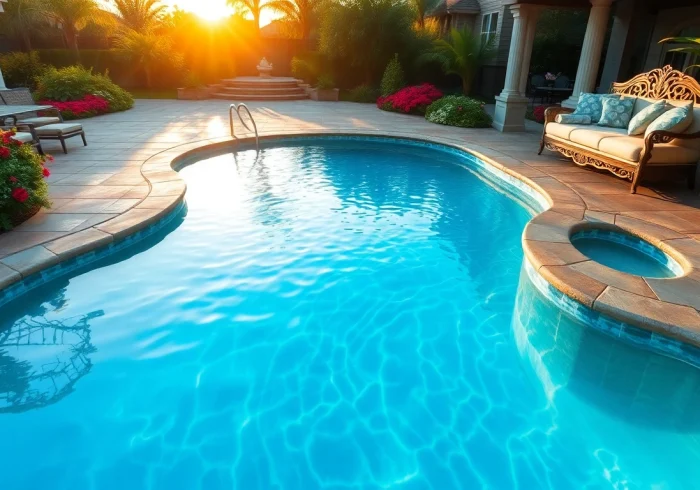Understanding the Basics of Folding Partition Walls
Definition and Functionality
A Folding Partition Wall is a versatile space management solution designed to partition large areas into smaller, functional spaces without the permanent modification of the structure. These movable walls consist of several panels connected with hinges or tracks, allowing them to fold and stack neatly to either side of a room, making them an ideal choice for dynamic environments. The primary functionality resides in their ability to create flexible spaces suitable for various needs, such as office meetings, event spaces, or classrooms. They can easily be retracted or expanded, enabling the transformation of a space in mere minutes, which is particularly beneficial in multi-use environments.
Types of Folding Partition Walls
Folding partition walls vary significantly in design, material, and operational mechanics. The main types include:
- Accordion Partitions: These are commonly used in smaller areas due to their compact folding mechanism. Accordion partitions typically consist of lightweight materials, folding in on themselves for ease of setup and storage.
- Operable Partitions: Heavier and more sophisticated than accordion walls, operable partitions offer superior sound insulation and aesthetic appeal. They are often custom-made and can include features like automatic systems for opening and closing.
- Glass Folding Walls: These partitions provide a modern feel, allowing for natural light to flow through while still offering the flexibility of division. Ideal for offices or conference rooms, glass partitions enhance visual connectivity.
- Acoustic Folding Walls: Designed for improved sound control, these walls are ideal for spaces requiring enhanced noise reduction, such as theaters, conference rooms, and lecture halls.
Common Applications in Various Settings
Folding partition walls can be utilized in a myriad of settings, adapting to the unique requirements of each environment:
- Commercial Spaces: Retail environments frequently use folding partitions to create changing display areas or promote special events without needing fixed installations.
- Corporate Offices: In modern workplaces, flexibility is critical. Folding partitions allow companies to modify office layouts for meetings, training sessions, and collaborative projects.
- Educational Institutions: Schools and universities benefit from the flexibility offered by folding walls for multipurpose classrooms, auditoriums, and recreational areas.
- Hospitality Venues: Hotels and conference centers utilize folding partitions to create temporary rooms for banquets, meetings, and other events, optimizing their usage of space effectively.
Benefits of Implementing Folding Partition Walls
Space Optimization Strategies
The efficiency of folding partition walls lies in their ability to maximize space utilization. In environments where room dimensions can change rapidly based on need, folding walls provide an agile solution. They allow spaces to be tailored for specific events without the need for extensive renovations, enabling businesses and organizations to achieve a higher return on investment via improved layout adaptability. This flexibility is especially crucial in urban environments where real estate is costly and optimizing the functionality of each square foot is non-negotiable.
Cost-Effectiveness in Design
From a financial perspective, investing in folding partition walls proves to be a wise decision for many businesses. The initial cost savings stem from not needing construction for permanent walls and easily adjustable layouts that can adapt to changing needs. Moreover, by reducing the need for relocating facilities or excessive renovations, folding partitions can contribute to long-term savings. Their durability also means that, with proper maintenance, they can serve businesses for many years, translating to further cost-effectiveness over time.
Enhancing Acoustics and Privacy
One of the most significant advantages of high-quality folding partition walls is their ability to enhance sound insulation, making them ideal for environments where focus and privacy are paramount. Operable walls can be designed with acoustic materials that deaden sound transmission, making spaces more conducive to work, learning, or meetings. The psychological benefits of privacy and reduced noise can lead to improved concentration and increased productivity in commercial settings, making them a worthwhile addition.
Choosing the Right Folding Partition Wall for Your Needs
Factors to Consider Before Purchase
Selecting the proper folding partition wall involves several critical considerations. First, assess the primary function of the partitions. Will they be used frequently, and will you need instant deployment? Next, evaluate the soundproofing requirements of your space. Thirdly, analyze the aesthetics of the solutions—does the design complement your existing decor? Finally, consider the budget constraints and long-term usability, ensuring you choose a product built to withstand the tests of time without excessive maintenance.
Material Options and Their Advantages
The material composition of folding partition walls can significantly impact their durability, aesthetics, and pricing:
- Wood: Offers a classic look and is highly customizable, though it may require more maintenance relative to other materials.
- Metal: Highly durable and often used for operable partitions. Metal options can be completely customized and are often used in commercial settings for their strength.
- Fabric: Often used in portable partitions, fabric can provide flexibility in terms of colors and textures but may not offer the same durability as other materials.
- Glass: Ideal for modern designs, glass folding walls provide an elegant solution while still offering versatility.
Consulting Experts for Custom Solutions
When it comes to selecting and installing folding partitions, expert consultation can guide decision-makers through the myriad of options available. Professionals can offer insights into installations tailored to specific facility layouts and usage patterns. They can also assist in determining the cost-benefit ratios of various materials and styles, ensuring the best return on investment is achieved. Whether for a small business or a large corporate structure, leveraging expert insights can simplify what may often seem like an overwhelming choice.
Installation Considerations for Folding Partition Walls
Preparing Your Space for Installation
Before installation, thorough preparation is paramount. Ensure that your space is cleared of any obstacles that could hinder the installation process. Configuration plans should be meticulously laid out to avoid any misalignment and to ensure that the partition walls function correctly once installed. Potential electrical or plumbing issues should also be resolved prior to installation to allow for a smooth installation process.
Professional vs. DIY Installation
Opting for professional installation versus DIY depends largely on your familiarity with construction tools and techniques. While DIY can offer cost savings, professional installers guarantee that the job is done correctly, potentially saving time and long-term expenses associated with improper installation. Complex configurations or custom setups strongly benefit from professional oversight to ensure spatial integrity and functionality.
Maintenance Tips for Longevity
Maintaining folding partition walls is essential for ensuring their longevity and optimal performance. Regular cleaning and inspections can help identify potential issues before they become significant problems. For operable walls, lubricating the tracks and hinges can facilitate smooth operation, while cleaning the surfaces can prevent any aesthetic degradation. Additionally, be mindful of the materials used; for instance, fabric panels may require scheduled cleaning to maintain their appearance.
Future Trends in Folding Partition Wall Designs
Innovative Materials and Technologies
The industry surrounding folding partition walls is rapidly evolving, with innovative materials and technologies emerging. Smart walls equipped with sensors and automation features are beginning to enter the market, allowing users to control partitions via smartphone apps or integrated building systems. Furthermore, bio-based materials are gaining popularity as designs shift towards sustainable practices that limit the environmental impact of construction processes.
Sustainable Practices in Partition Production
As sustainability becomes increasingly critical in all facets of business, the folding partition production industry is also shifting towards environmentally-friendly practices. This includes the use of sustainably sourced materials and manufacturing processes that reduce waste. Companies that focus on environmentally-friendly practices can not only appeal to eco-conscious consumers but also contribute positively to the global environment.
Anticipated Market Changes and User Preferences
With changing work environments, including the rise of remote and hybrid work models, user preferences are evolving toward more flexible solutions. Companies are increasingly looking for partition systems that can support fluctuating team sizes and dynamic collaboration requirements. This trend is expected to continue, prompting manufacturers to innovate in ways that cater to these emerging needs—producing walls that are not only functional but also aesthetically designed to enhance workplace environments.



